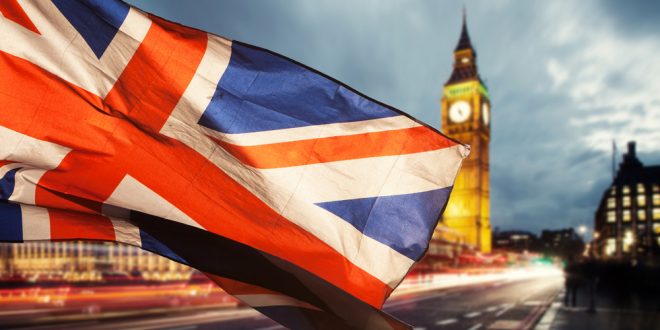Ireland’s Minister of Foreign Affairs and Trade, Simon Coveney, recently said that the United Kingdom (UK) is making negotiations for a new trade deal with the European Union (EU) more difficult by pushing for legislation that undermines international law.
“There is a growing sense that perhaps the United Kingdom does not want a deal and that it is more about managing the blame game as the negotiations fail,” the minister was quoted by Reuters as saying.
“I believe the prime minister and the UK government do want a deal. Even though they are behaving in a strange way to get that done in terms of the legislation coming through.”
“People have been very taken aback by the deliberate strategy coming from the British government. This is very damaging to Britain’s reputation outside the bubble of Brexit discussions.”
“Undoubtedly, the tactics of the British government have made an already very complex negotiation even more difficult. Of course, if the legislation continues, there will be a legal response from the EU, I expect.”
The British House of Commons is expected to pass a bill that allows the government to break parts of international law, in order to bide by the BREXIT agreement with the EU and leave without a trade arrangement.
The Boris Johnson cabinet defended the draft law saying that it would only break international law in a very specific and limited way.
Meanwhile, The EU Chief Negotiator, Michel Barnier, said on Wednesday that the European bloc is determined to reach a Brexit trade deal with Britain.
“We remain calm, respectful, realistic and firm,” Barnier said.
The UK government sees no prospect for extending the transitional period for BREXIT negotiations.
The transition or the the implementation period ends on 31 December 2020, however, talks for a new trade agreement between London and the EU have recently stalled with a number of disagreements.
The UK’s Prime Minister Office reiterated earlier this month that there would be no extension to the period and expressed optimism about reaching an agreement soon.
However, there is more than a 30% chance for a no-trade deal Brexit, according to a recent report by JPMorgan.
“The chance of no-deal is about a third, but with brinkmanship part of the process, it may appear higher than that before the agreement is reached,” according to JPMorgan.
“It would be a surprise to us if enough progress were made to bring agreeing a Treaty by end October into view.”
“The absence of that progress will generate pressure for interventions from UK and EU leaders; however, at this stage, we see little that suggests any major softening in the EU’s position or unity around it.”
 Noor Trends News, Technical Analysis, Educational Tools and Recommendations
Noor Trends News, Technical Analysis, Educational Tools and Recommendations





